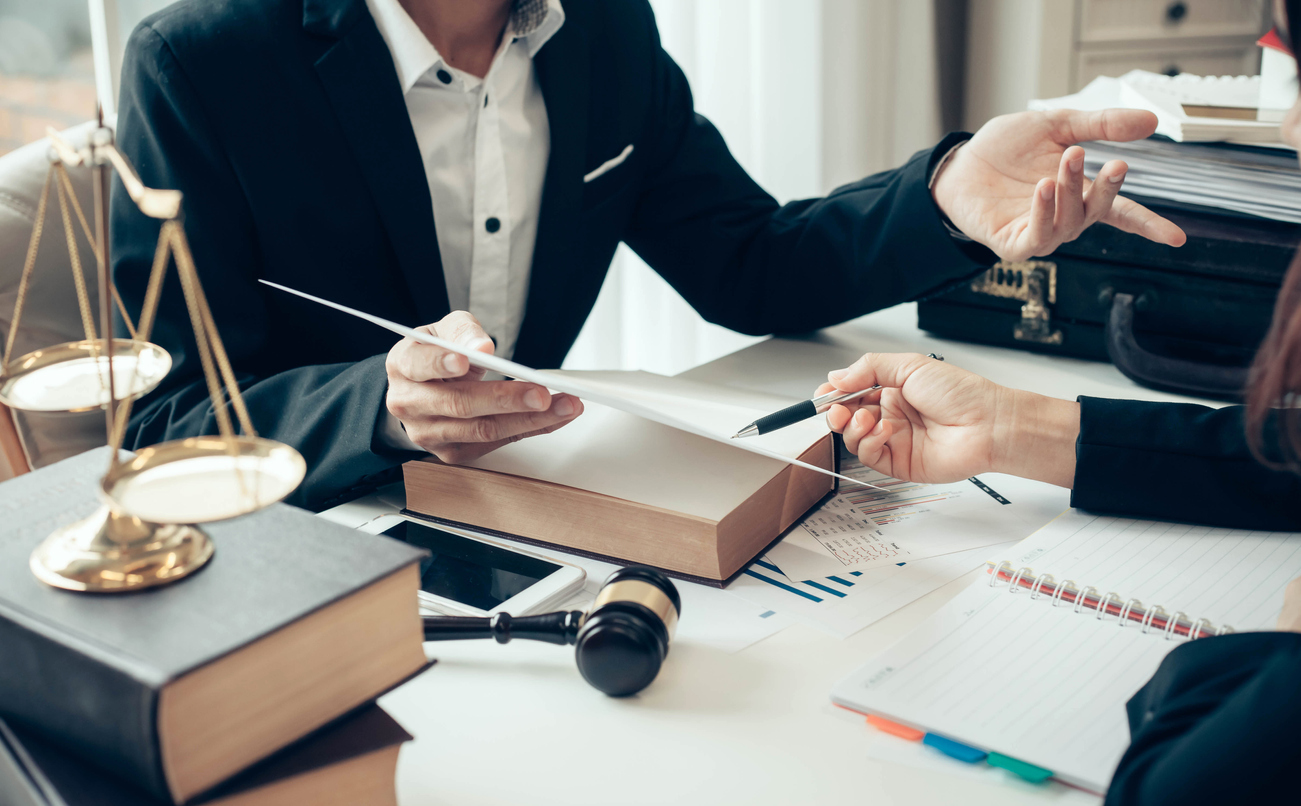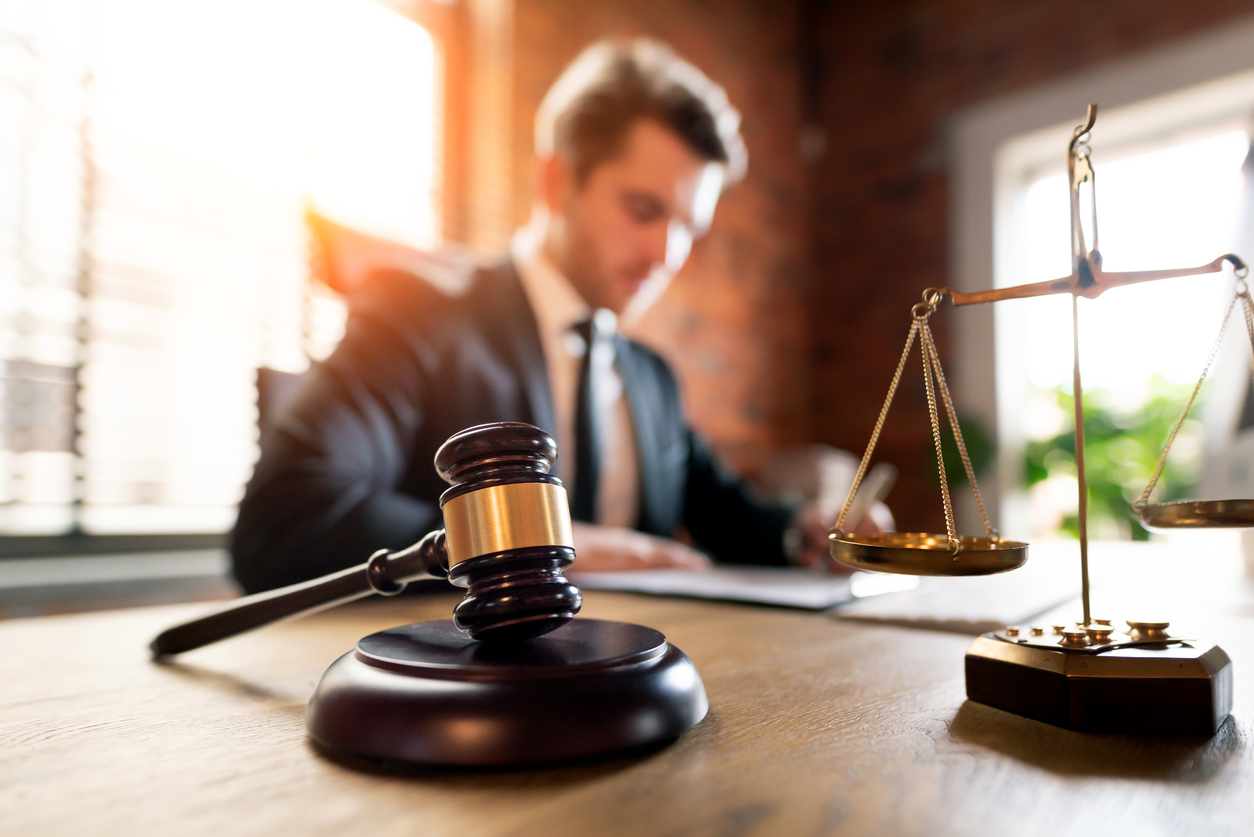Moore v. Getahun 2015 ONCA 55 is a case that has already generated a lot of discussion and navel gazing in both the legal and expert communities, and I hesitated for quite a while before deciding that I had anything worthwhile to add. But I think now that I do.
The appeal in Moore centred on the question of what ought to be the proper degree of interaction between lawyers and their experts. The trial judge had definitively ruled that:
“The practice of discussing draft reports with counsel is improper and undermines both the purpose of Rule 53.03 as well as the expert’s credibility and neutrality.”
The Court of Appeal disagreed with this proposition. It noted that various rules and standards, applicable to both lawyers (in their roles as advocates) and various other professionals (in their roles as experts) expressly prohibit the alteration of expert opinions in order to suit the aims of a litigant.
It added that there were also strong positive reasons for communication to take place between counsel and their experts:
[64] Counsel play a crucial mediating role by explaining the legal issues to the expert witness and then by presenting complex expert evidence to the court. It is difficult to see how counsel could perform this role without engaging in communication with the expert as the report is being prepared.
As to the question of whether any such discussions (or alterations to draft reports) need be disclosed to the other litigants, the Court had this to say:
[78] Absent a factual foundation to support a reasonable suspicion that counsel improperly influenced the expert, a party should not be allowed to demand production of draft reports or notes of interactions between counsel and an expert witness…[t]he trial judge erred in law by stating that all changes in the reports of expert witnesses should be routinely documented and disclosed.
How to get the most out of an expert
The Moore decision thus has much to say about the importance of experts receiving proper input from counsel; without such input, the resulting reports can be poorly written, confusingly structured, and legally ill-founded.
What is not really explored in this decision is the fact that the interaction between counsel and their experts is not unidirectional. In the following paragraphs, I discuss the sort of input that experts (and particular financial experts) can have into the case prepared by counsel. Here are five ways, listed in the chronological order in which they would occur in a lawsuit:
1. Understanding the Background of Your Case
Plaintiffs will typically come to counsel with a story. They will describe their business, what happened to it, and how they have been affected. Or how they think they have been affected. They may have various financial records which they believe support their story. They will be passionate. They will also be biased.
Financial documents are written in their own language. It is not quite like reading a foreign language like Mandarin or Hebrew, and more like trying to read Shakespeare without any critical or explanatory notes; the words are generally familiar, but the connotations are different. Some business owners are financially savvy and can interpret their records; others…decidedly less so. But the financial records tell a story, and finding someone who can read that story is often worthwhile.
Plaintiffs know their operations; counsel knows the law; and the accountant can often pick out parts of the story that may have been distorted somewhat in the telling by the business owner. By taking an independent analysis of the plaintiff’s financial documents, the financial expert can ensure that both counsel and client have a full understanding of the nature of the plaintiff’s business and that there are no “surprises” later on.
Financial experts can also assist the plaintiff’s counsel by taking a preliminary inventory of the accounting records to ensure they are complete. This is a simple step that can save much time and effort in the long run. For example, if financial losses are being claimed for a period of time during which the plaintiff’s payroll was paid in cash (and not recorded), it will be important to understand this as soon as possible, as it may be very difficult to recover any losses for a period in which a major category of expense is undocumented.
2. Theorization of Damages
In some cases, identifying the relevant areas of financial impact stemming from a particular wrongdoing can be quite simple; but it is not always so. Thinking through the logical steps in a chain of causation is something that financial experts are well positioned to do; with years of focused experience, they will often be able to relate the particular fact pattern in question to a prior file and to identify issues that may not have occurred to counsel to explore. These may be additional areas of damage or subtle holes in the internal logic of the claim. The earlier in the process, this type of analysis gets done, the better.
In essence, this sort of conceptualization should be evident in pretty much every post on this blog, and I will therefore not belabour the point here. To list a few more examples at random:
- The possibility that the infringement of your client’s patent may have impacted not only its sales but also its gross margins (if selling prices were slashed to maintain market share) or its normally “fixed” costs (through increases in advertising or selling expenses).
- That your client’s claim for lost profit from the wrongful destruction of his or her small business may actually be equal to an amount greater than the value of the entire business (I’ll explain how in a subsequent post).
- That a claim for negligent misrepresentation will not be worth very much if the defendant is able to argue that very similar losses would have occurred even if not for the misrepresentation.
3. Preliminary Assessment of Claims
If you have engaged a financial expert for these first two stages, that expert should be able to give a rough sense of the value of a claim.
There is a common perception that financial experts are very expensive, and there is therefore a tendency to wish to defer this cost to the very last minute. Without debating the factual merits of that perception – other than to say that there is a broad range of hourly rates in this field in Canada – I will simply say at this point that this can sometimes lead to unfortunate results, in which one (or both) of the parties can spend years in litigation without a very good idea as to how much the case is worth. Is it worth $50,000? $500,000? $5,000,000? Sometimes it is easy to tell, but not always.
Most cases will not proceed to trial, but will instead settle at some point in the litigation process. If you (and the opposing party) don’t know how much a case is worth, it can become much more difficult to negotiate and settle it expeditiously. An initial analysis of the relevant documents by a trained professional can often prove very useful in setting realistic expectations.
4. Discoveries
One of the greatest frustrations a financial expert can experience is to find that after finally being engaged on a case, critical questions have not been asked, and basic documents have been requested, at discovery.
For defendants, in particular, to get full value from their financial experts, it is highly recommended that they engage them in enough time to ensure that all key information is provided to them (or at least requested) by the plaintiff. In some cases, experts will have standard lists of documents they will require in certain types of cases or for certain industries; they will then tailor these to suit the particular case in question.
5. Limited Critique Reports
These types of reports have become much more common in the past number of years in my experience. These reports are typically commissioned by defendants; the report provides a critique of the plaintiff’s expert report, and may contain illustrative calculations that show the impact of various “adjustments” to the plaintiff report’s calculations, but it does not contain any conclusion as to value or financial loss.
Commissioning such a report offers several advantages. These reports are typically less expensive (it is generally easier to critique than to build an alternate model), and they can be very useful in pointing out major flaws in the plaintiff’s expert’s reasoning and providing a more realistic sense as to the potential value (or at least order of magnitude) of the dispute.
Conclusion
Aside from providing a full-blown expert report, financial experts can provide a variety of other services at various stages in litigation proceedings. Most cases do not proceed to trial, but the value added from interaction between counsel and their financial experts at various stages along the way can do much to expedite the resolution of disputes in a cost-effective and timely manner.
The statements or comments contained within this article are based on the author’s own knowledge and experience and do not necessarily represent those of the firm, other partners, our clients, or other business partners.





























